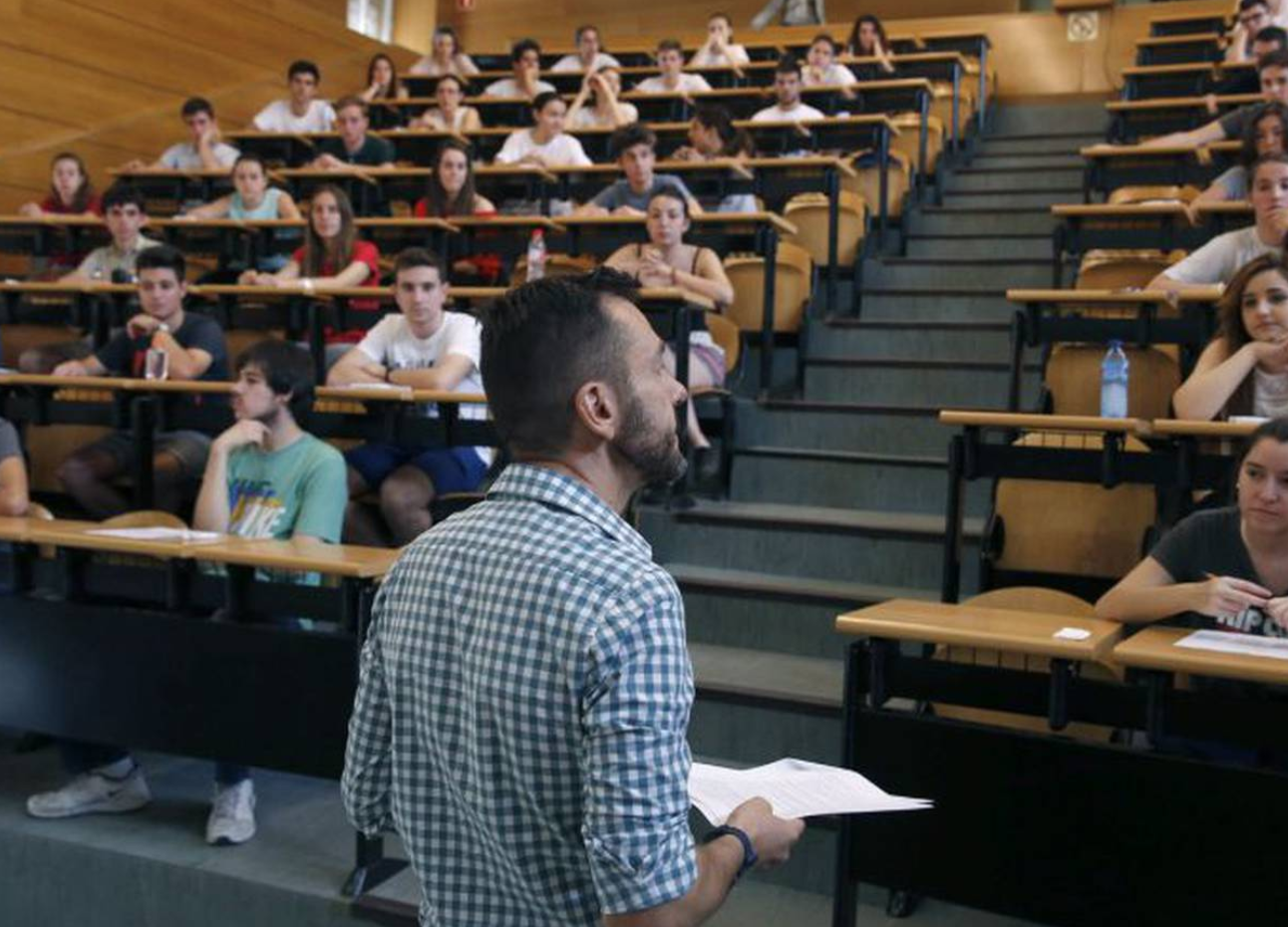Higher education in Chile has undergone a process of expansion during the last decades, doubling its enrollment between 1990 and 2020. Higher education has never been as massive and diverse as it is today: it is home to nearly 1.3 million students, in 132 current institutions, where 7 out of 10 students correspond to the first generation of their families with access to university. Although these figures show a success story, their flip side is the indicators of permanence and graduation. The dropout rate in the first year is around 30%, the actual duration of the programs exceeds their nominal duration by 2 to 4 semesters (on average), and 20% fewer students graduate today than before the pandemic.
These data invite us to think about what measures public policies for the expansion of higher education have been effective in reducing inequality at this educational level. Chile has based the expansion of higher education on public financing policies whose objective was to weaken (or eliminate) the economic barriers to access and permanence, relegating other limitations to be achieved through merit and personal effort. Thus, with the 1981 reform, the aim was to increase the supply of higher education through the creation of an “educational market”: it was possible to rapidly increase enrollment by allowing the entry of private providers and, in this way, to avoid compromising public spending.
During the 1990s, with the supply already assured, the objective was to increase the demand for higher education. The strategy chosen was the creation of a system of scholarships and student loans, with the Solidarity Fund and the State-guaranteed Credit as protagonists. Subsequently, when enrollment approached one million and supply and demand seemed to be assured, the free tuition policy was enacted to cover the tuition and fees of 60% of the students from the most vulnerable households in the country.
In summary, the debate on inequality in higher education has been trapped in the economic sphere or in the abstraction of the need to improve quality. Even though it is undeniable that financing policies have generated new opportunities for groups historically excluded from higher education, they have not been successful in reducing inequality by social origin. Whereas before, coming from a socioeconomically disadvantaged household implied a high probability of not entering higher education, today it is more likely to enter, but the possibilities are only open to a certain type of higher education. Why?
Recent evidence shows that inequality of access has remained stable or may even have increased if we consider the type of program or institution entered. In Chile, social origin – that is, the socioeconomic characteristics of the household of origin – significantly influences the educational opportunities to which we have access. Moreover, social origins matter both before and after the implementation of expansion policies.
The literature on educational stratification shows that expansion policies have had a differential effect on social origin. On the one hand, they have been able to reduce the effect of economic resources on overall access to higher education (e.g., household income or assets). However, much of this effect is concentrated in the less selective institutions (private universities, professional institutes, and technical training centers), without affecting the most prestigious universities.
On the other hand, these policies have not been able to reduce the effect of sociocultural resources (e.g., parents’ educational level) on access if we consider both general access and access to different types of institutions. New opportunities for access are further stratified or hierarchized according to the educational attainment of the head of household, first-hand knowledge of the university system, and networks of contacts. All of these gaps are difficult to overcome through merit and personal effort alone.
While it is possible to argue that financing policies have been effective in meeting their objective of reducing economic barriers to entry, this effect is limited and short-term. Attrition and graduation rates are evidence of their exhaustion. Nevertheless, the debate on inequality in higher education continues to focus on financing.
Without underestimating the importance of solving problems such as student indebtedness, it is necessary to consider public policies that not only seek to reverse the 1981 reform but also to address subsequent transformations. The public debate on the accumulated gaps in the lower levels of education, which are not limited to standardized test results, points in this direction. These differences range from stronger social networks among the most privileged, low expectations among those who come from the most vulnerable groups, and where differences in academic achievement are legitimized as individual success or failure.
Finally, both the political and academic debate on inequality in higher education should not continue to be limited to economic issues, with the solution based on measures such as free tuition. It is necessary to debate about teaching support tools and student welfare, areas whose management today falls on the capacity of each institution to take charge.
More and further research is needed that not only disaggregates inequality into numerical differences but also considers the experiences and perceptions of inequality of those who are currently experiencing this new scenario in higher education. We need data that allow us to better understand not only the general gaps but also the institutional, sectoral, gender, and regional gaps that are (re)produced in higher education. Inequality in higher education does not end with free tuition; even less so with merit and individual effort alone.
*Translated from Spanish by Micaela Machado Rodrigues











